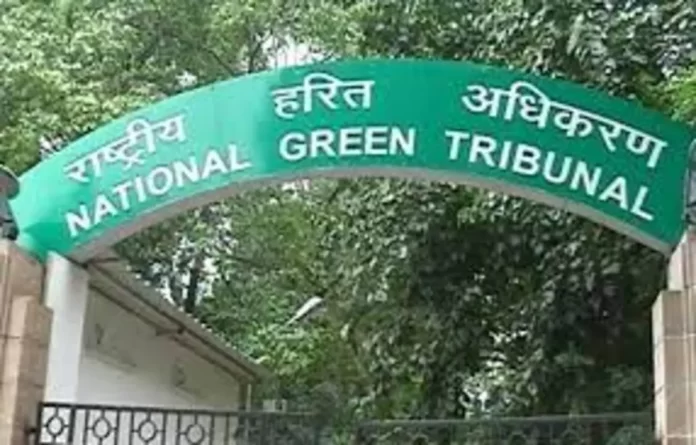The Supreme Court recently expressed displeasure with the National Green Tribunal’s practice of passing ex-parte orders and imposing penalties. Justice PS Narasimha passed the judgment and has marked that such unilateral decision-making has regrettably become a prevailing norm.
The court further noted that the National Green Tribunal’s recurrent engagement in unilateral decision making, provisioning ex post facto review hearing and routinely dismissing it has regrettably become a prevailing norm. It added that the Tribunal must tread carefully to avoid the oversight of propriety.
It also observed that the practice of ex parte orders and the imposition of damages amounting to crores of rupees, have proven to be a counterproductive force in the broader mission of environmental safeguarding. It mentioned that such orders have consistently faced stays from the Supreme Court.
The top court underlined that it is imperative for the Tribunal to infuse a renewed sense of procedural integrity, ensuring that its actions resonate with a harmonious balance between justice and due process.
The Division Bench, also consisting of Justice Aravind Kumar, emphasized the need for procedural integrity. The Court added that the same is important to balance justice and due process. Only then can it reclaim its standing as a beacon of environmental protection, where well-intentioned endeavors are not simply washed away, the Bench remarked.
The aforesaid observations emerged while the apex court was hearing two appeals challenging the green tribunal’s order. The Tribunal in its main order had passed an ex parte order against the appellants in suo motu proceedings. Furthermore, the payment of compensation was also directed. In its second order, the review petition filed by one of the appellants was dismissed. In the review, the appellant had argued that an adverse order was passed without hearing him.
During the hearing, the Supreme Court noted that no notices were issued to the project proponents, and the tribunal did not find it necessary to verify the facts.


